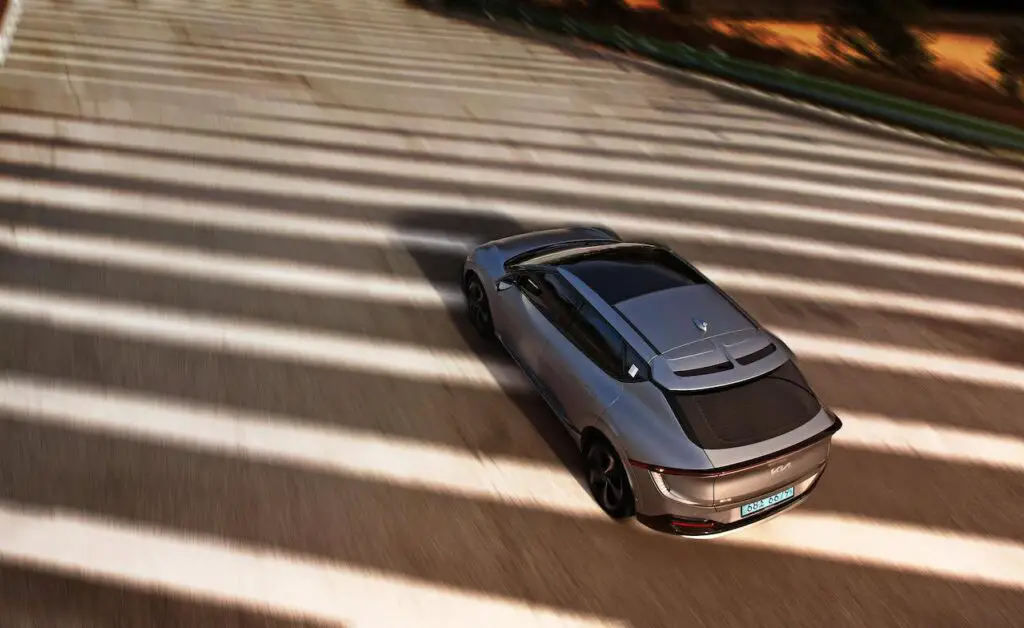Table of Contents
Switching to electric cars EVs is key for our UK government to make good on its commitment to net-zero carbon emissions by 2050. Yet a new report from a House of Lords Committee argues that our strategy for this is lagging behind. So, let’s discuss why we need to put the ‘pedal to the metal’ in this green automotive race!
Government Pledges and Progress
We have made some notable strides. The government has a bold target: ending sales of new petrol and diesel vehicles by 2035. We have also seen improvements in our charging infrastructure rollout and investment in UK manufacturing capabilities. It’s a good start, but not enough.
Challenges Still Slowing The EV Rollout
According to this report, here’s why we’re struggling to pick up speed:
- The Electric Sticker Shock: EVs remain costlier than traditional vehicles, making the switch unappealing for many budgets.
- Where’s the Juice? Finding a public charger while out and about isn’t always easy, which leads to ‘range anxiety.’
- Recharge Woes: Even when you find a station, there’s no guarantee it will be the fast kind your car needs for longer journeys.
- Mixed Messages: Consumers seem increasingly confused by inconsistent information making it hard to confidently commit to buying electric.
Getting The Electric Car Past the Roadblocks
So what does the committee propose we do to address these roadblocks? Here are some key points:
- Bridge the Price Gap: Targeted government grants would significantly help in making EVs more affordable alongside ongoing tech advances.
- More Stations, Less Hassle: Reforming outdated planning regulations would help boost public charger installation and improve their reliability.
- Tax Fairness: Equalizing VAT rates on charging (home vs. public) would alleviate a financial burden on drivers.
- Recycling is Key: We need to ensure old EV batteries are recycled wisely here in the UK, letting us keep valuable materials used in new batteries in circulation.
Beyond the Environment
It’s worth remembering switching to EVs doesn’t just help the planet; it impacts everyone. Reduced noise pollution is huge, as is the massive leap in air quality we’d see as emissions decrease.

Is Time Running Out?
There’s no denying the task ahead is sizable. It’ll require bold leadership and government support to keep our EV transition on schedule. The report clearly indicates the government needs to release a detailed roadmap for reaching those 2035 targets.
Closing Comments from the House of Lords
As Baroness Parminter, who chaired the inquiry, points out: “Cars are the biggest source of CO2 emissions for our roads. To hit our climate goals, we need to make the switch to EVs quickly. Unless the government acts fast, we risk falling behind on our journey to cleaner air and net-zero.”
What’s your opinion?
What do you think about the UK’s EV plans? Are the right people pushing the right buttons for success? Do let us know in the comments section!
Frequently Asked Questions
Electric cars seem so expensive. Are they ever going to be more affordable?
Yes! While initial prices remain higher than traditional cars, they’re dropping rapidly. As battery technology improves and production scales up, costs will continue to decrease. Government incentives and grants also help bridge the gap.
I’m worried about finding charging stations on the go. What if I run out of battery?
The UK’s charging network is constantly expanding. Apps and websites can help you plan trips around reliable stations. Many newer EVs also offer extended ranges, minimizing the chance of being stranded.
I’ve heard charging an electric car takes forever. Is that true?
It depends! Home charging may take several hours, but rapid charging stations found at service stations and other locations can top up your battery significantly in less than an hour. The exact time varies depending on your car and charger type.
Are electric vehicles actually better for the environment?
While production does have an environmental impact, EVs produce far fewer emissions during their lifetime compared to gas or diesel cars. As power grids become greener, the benefits get even better. Plus, they drastically improve local air quality!
Is it complicated to maintain an electric car?
EVs have fewer moving parts than traditional cars, meaning less can go wrong. This often translates to lower maintenance costs over time. Many dealerships and independent garages now specialize in servicing electric vehicles.

